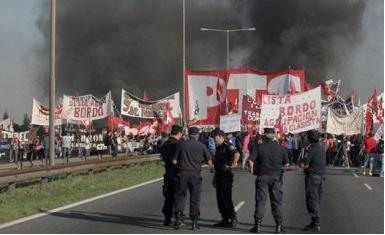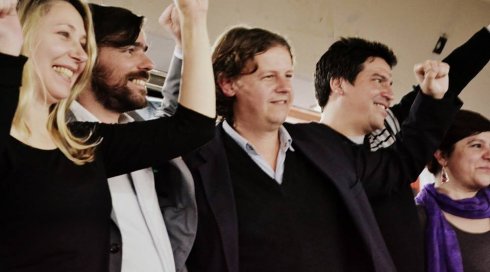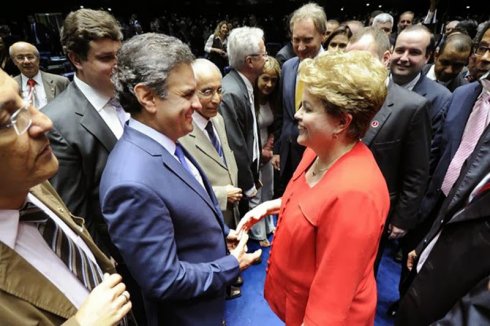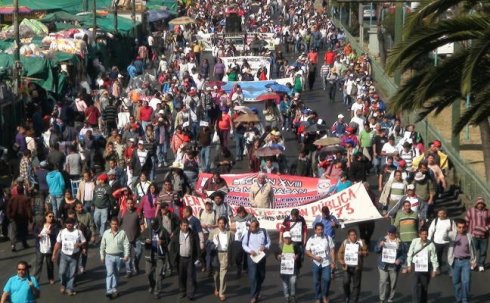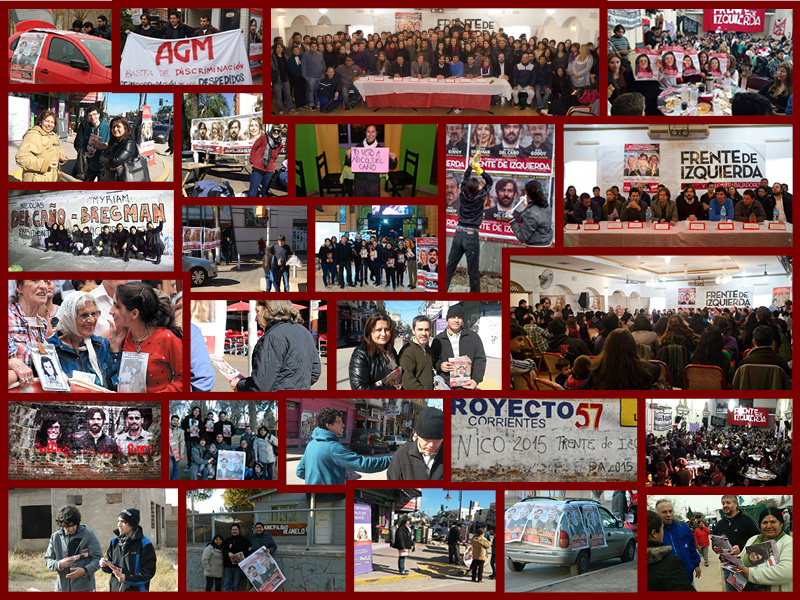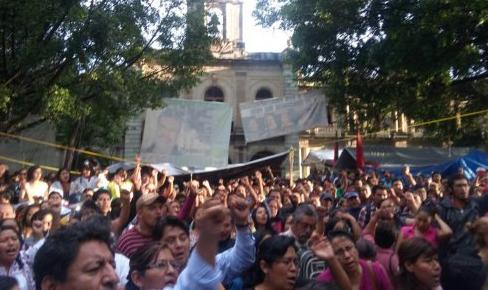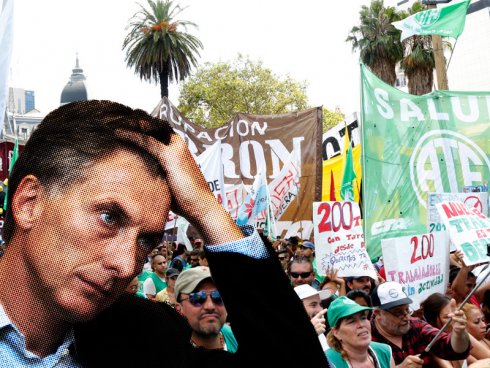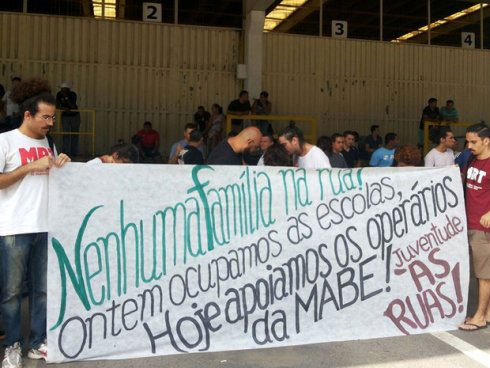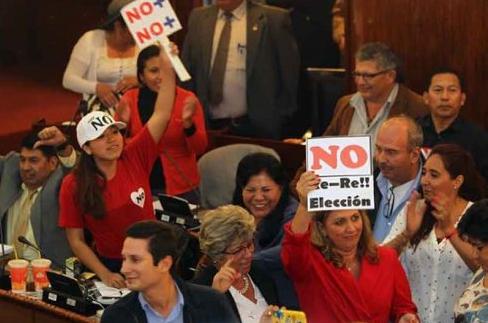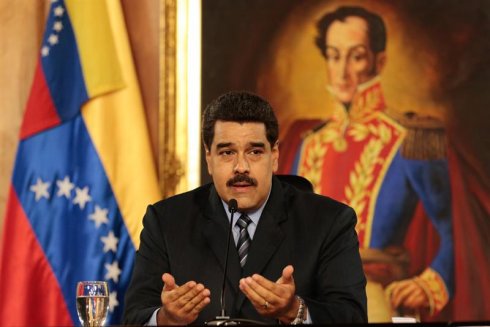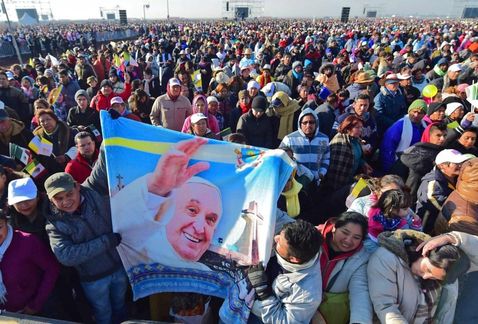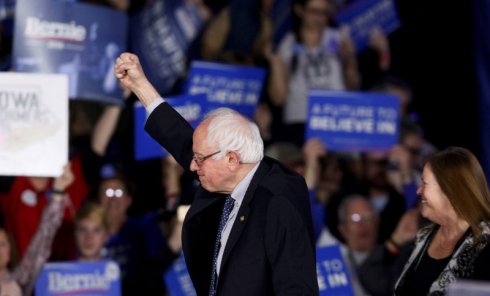Bolivia: MAS wants to defeat the Huanuni workers
06/10/2013
On Saturday 21 September an important assembly of workers from the mining district of Huanuni was held, which decided to accept the resignation of the top three COB trade union leaders and to choose an electoral committee which in the briefest time period possible must organize new trade union elections. This decision is the result of a policy of financial strangulation and attempts to divide the trade union by the pro-government bureaucracy who see the trade union, and particularly its left wing, as an obstacle to the goal of defeating this brave section of workers.
The May strike and the vanguard of miners
During the month of May the miners from the region were at the forefront of the strike with road blocks called by COB. This workers’ vanguard not only paralyzed activities but also decided to march in a group of 5000 on the city of La Paz. The struggle of the workers and particularly the miners showed the incipient process of political rupture that the workers are undergoing with the MAS government, provoked by years of permanent collaboration with the bosses and with the wealthy sector of miners’ cooperatives. In 2012 this had produced the important struggle of salaried miners from Colquiri, who demanded the nationalization of the whole mineral deposit and the expulsion of the multinational SinchiWayra and the cooperatives from the region. This significant process of struggle involved the occupation of the mine not only by the salaried miners but also by hundreds of poor cooperative workers, who saw in the demand for nationalization a way out of the exploitation and precarity that they suffer at the hands of rich cooperative members. The murder of comrade Victor Choque in the attack by the cooperatives on the FSTMB (Federación Sindical de Trabajadores Mineros de Bolivia – Trade Union Federation of Bolivian Mine Workers) headquarters, and the government’s handing over of the valuable ‘Rosario’ seam pushed significant sections of workers into opposition to the MAS government.
The rupture in the dialogue between MAS and COB due to the government’s pensions law that exempts bosses, employers and the State from pensions contributions, preserving the essence of Sánchez de Losada’s neoliberal pensions law, detonated a process of mobilization and struggle of tens of thousands of salaried workers for a new pensions law. The response of the government in May was a savage repression with more than 400 workers arrested during the strike, massive repression against the Parotani factory workers and finally the attack on the Huanuni miners at the Caihuasi road block. All these factors pushed even more workers into political opposition, not only in the streets but also in the discussion about the Workers’ Party based in the trade unions, a discussion in which the Huanuni miners and their trade union were in the vanguard.
MAS wants to defeat the miners’ vanguard
After the scandalous suspension of the strike by the COB bureaucrat Juan Carlos Trujillo and the return of the miners to their district, the government launched its counteroffensive based on the trial of 22 Huanuni miners accused of blowing up the Caihuasi bridge, the inspection of the Huanuni Mine Company accounts by the treasury office threatening their collective workers’ control, and the threat of financial strangulation of the company. All of this has had the effect of provoking fear amongst the workers, a significant sector of whom see in this attack a threat to their labour stability and to the viability of the mine which needs significant investment in exploration and prospecting in order to increase its reserves.
Huanuni declares itself on alert against attempts at cooperativization
The government’s campaign against the miners has got to the point of proposing cooperativization as the only mechanism to prevent the falling profitability of the company. A serious rumours campaign about the impending bankruptcy and handing over of the Huanuni Miners Company (EMH) to the cooperatives has been sustained with statements from vice-ministers and by old pro-privatization leaders such as Hugo Pereyra, or Pedro Montes (ex-COB executive and MAS functionary). This has lead to the isolation of the most advanced sector of mine workers and the disorganization of rank-and-file workers due to confusion and fear that this provoked. The old MAS project of cooperativizing Huanuni and in that way carrying out the defeat of this workers bastion has been resurrected. It’s worth remembering that in 2006 the MAS vice-minister Villaroel, hand in hand with the wealthy cooperatives, encouraged the occupation of the mine, forcing an attack that ended with 16 dead and dozens injured. The resistance of not only miners, but also students, the unemployed and the whole population, stopped the cooperativization and MAS had to accept the incorporation of 4000 new workers into the company as a result of the workers’ victory. However, this wave of rumours was stopped in its tracks by a meeting of all the organizations from Huanuni (unemployed, teachers, cultural centres, student unions etc.), backed by the Trade Union Federation of Bolivian Mine Workers (FSTMB) who declared a state of emergency and threatened to mobilize the whole region if these anti-worker policies are continued. In the assembly on 21 September not even the most inveterate government agents dared to utter the word cooperativization.
Reorganize the rank-and-file and break the isolation
As part of this attack, in the last assembly the government achieved some support in provoking the division of the workers who are starting to see in the trade union and the Workers’ Party the cause of this attack. So, they provoked the resignation of the three trade union leaders and the calling of new elections, although they didn’t manage to open the doors to a discussion about the future of the company and an eventual cooperativization.
In the face of this scenario we face the urgent task of surrounding the Huanuni miners with solidarity, demanding that the fraudulent trial of the 22 workers is ended and demanding that the MAS government invests the 56 million dollars that Huanuni needs for the development of the projects that would prolong the life of the seam and would enable an increase in the productivity of the company.
The future of Huanuni cannot be considered in isolation. Huanuni’s future is connected to the future of the entire mining industry, which means starting to discuss and fight to extend the struggle for the nationalization of the multinational mining industry, formulating a plan of contractual incorporation of thousands of poor cooperative workers who today are at the mercy of an employing class (mine owners and rich cooperative managers) who actively promote precarity. Only the extension of nationalization with a national plan controlled by the workers can offer a progressive way out of the possible fall in prices. An urgent reorganization of the miners’ vanguard is necessary in order to prepare this and other proposals in the coming trade union elections.
Workers’ Party advances slowly in spite of attacks by MAS
The first impact of the government’s offensive is being felt inside the Workers’ Party, where the reformist sections are attempting to take advantage of this partial setback in Huanuni to occupy positions more favourable to their strategy. However the regional assemblies held in Cochabamba and La Paz with the participation of 200 delegates each categorically declared themselves in favour of the defense of the mining sector, the demand for the release of the 22 workers and the rejection of the statements of some leaders who suggested opening a dialogue with bourgeois opposition forces like the MSM or those discontented with MAS like the deputy Rebeca Delgado.
These regional assemblies held on the 23 and 24 September elected their regional leaderships and debated (the beginning) in the universities, centres of the campaign for the defense of Huanuni and against the MAS attack on the path to gaining legality for the party’s electoral participation in 2014. The Worker’s Party is getting ready to call its third congress in the coming months with the aim of choosing a leadership that will be mandated to organize the party and the campaign for legality. Trujillo from COB has already tried to reject any agreement with the WP in spite of the resolution from the COB’s 15th congress and the 31st miners’ congress.
In this scenario, the political struggle against the pro-government trade union bureaucracy will develop, and towards such an end the workers, students and all those prepared to defend the orientation of class independence with the left-wing of the Huanuni workers are coordinating common action in all the regions where we have a presence.
